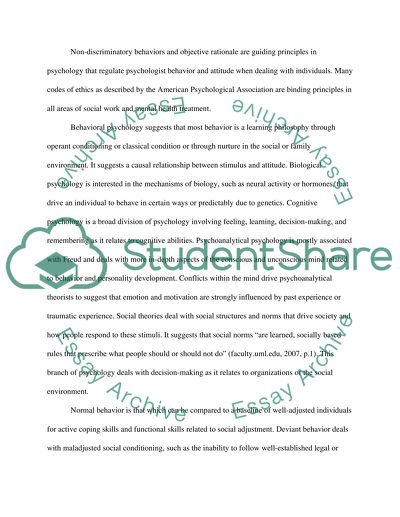Cite this document
(“Cognitive Learning and Affective Learning Outcomes Term Paper”, n.d.)
Retrieved from https://studentshare.org/psychology/1426288-cognitive-learning-outcomes-and-affective-learning
Retrieved from https://studentshare.org/psychology/1426288-cognitive-learning-outcomes-and-affective-learning
(Cognitive Learning and Affective Learning Outcomes Term Paper)
https://studentshare.org/psychology/1426288-cognitive-learning-outcomes-and-affective-learning.
https://studentshare.org/psychology/1426288-cognitive-learning-outcomes-and-affective-learning.
“Cognitive Learning and Affective Learning Outcomes Term Paper”, n.d. https://studentshare.org/psychology/1426288-cognitive-learning-outcomes-and-affective-learning.


